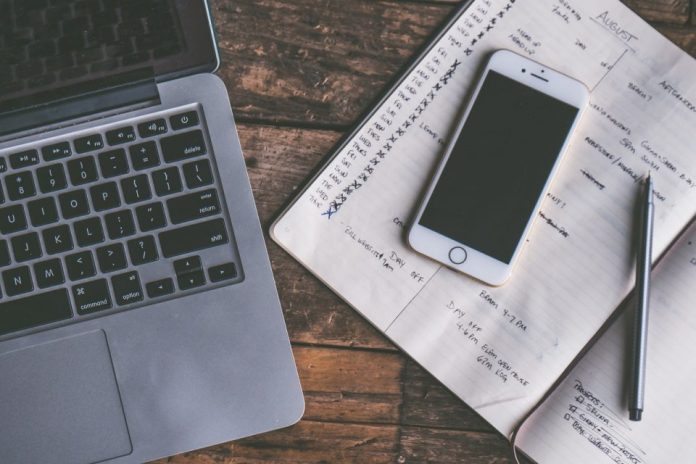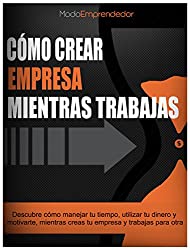
“Budgeting is the difference between being financially responsible or being in constant financial jeopardy.”
With this sentence we start an article about the importance of having a budget and how to do it. To read it click here.
It was explained that having a budget is the most effective way to control your money and stay out of debt. A budget fulfills two basic objectives:
- Organize your finances.
- Prepare for all kinds of financial emergencies.
Additionally, we mentioned the importance of carefully analyzing your expenses and especially registering them in categories such as housing; transportation; food; health and entertainment.
However, there are other ways to group your expenses. For this reason we want to show you a different and very simple system to make a budget; in which you can keep all your expenses in only three categories.
The Beating Broke personal finance portal explains that virtually all your expenses fall into three general categories: fixed expenses, variable expenses, and non-necessities.
Fixed costs include rent, which stays the same every month. Variable costs would include things like utility or food bills. Everything you need to live.
All other living or entertainment expenses fall into the “not necessary” category.
Categorizing even beyond this tends to overcomplicate things. Your budget doesn’t care much if that $20 you spent was on a movie or a book. It doesn’t matter if what you spent on soft drinks at the gas station counts as “Gas and fuel” or “Groceries”.
What matters is whether you have enough money to cover your expenses. So don’t stress yourself trying to fit everything neatly into a box unless you really need it.
If you see that a category is too high, you can look at where to cut, but if you’re just trying to put together a basic monthly budget, keep it simple and put your money where it needs to go first.
The ultimate goal of a budget is to identify opportunities to reduce your spending. Click To Tweet
This method is excellent, because it makes a differentiation that is key when looking for opportunities to reduce your expenses. It helps you divide what is necessary from what is not necessary.
| Fixed costs | Rent or mortgage loan payment |
| car installments | |
| health/ insurance | |
| SAVING |
| Variable costs | Public services |
| Feeding | |
| Credit cards | |
| Gasoline | |
| Telephone | |
| Clothing | |
| emergencies | |
| Transportation |
| no needs | television service |
| Magazine or newspaper subscription | |
| Books | |
| food in restaurants | |
| Holidays |
So when you need to cut your expenses, the answer is obvious. You must do it in the “non-needs” category. This category is a map of potential future savings.
Budgeting does not require you to have an accounting degree. You will only need a little time to track all the data regarding your personal finances and record them in this order: Fixed costs, variable costs and non-needs.
Easy, right? We hope you make yours and optimize your money. successes!
And remember that if you are really interested in creating your own business, you can purchase our book “How to create a company while working: Discover how to manage your time, manage your money and motivate yourself while creating a company and working for another” , where you will find all the information you need to found your own company, without having to leave your job.


